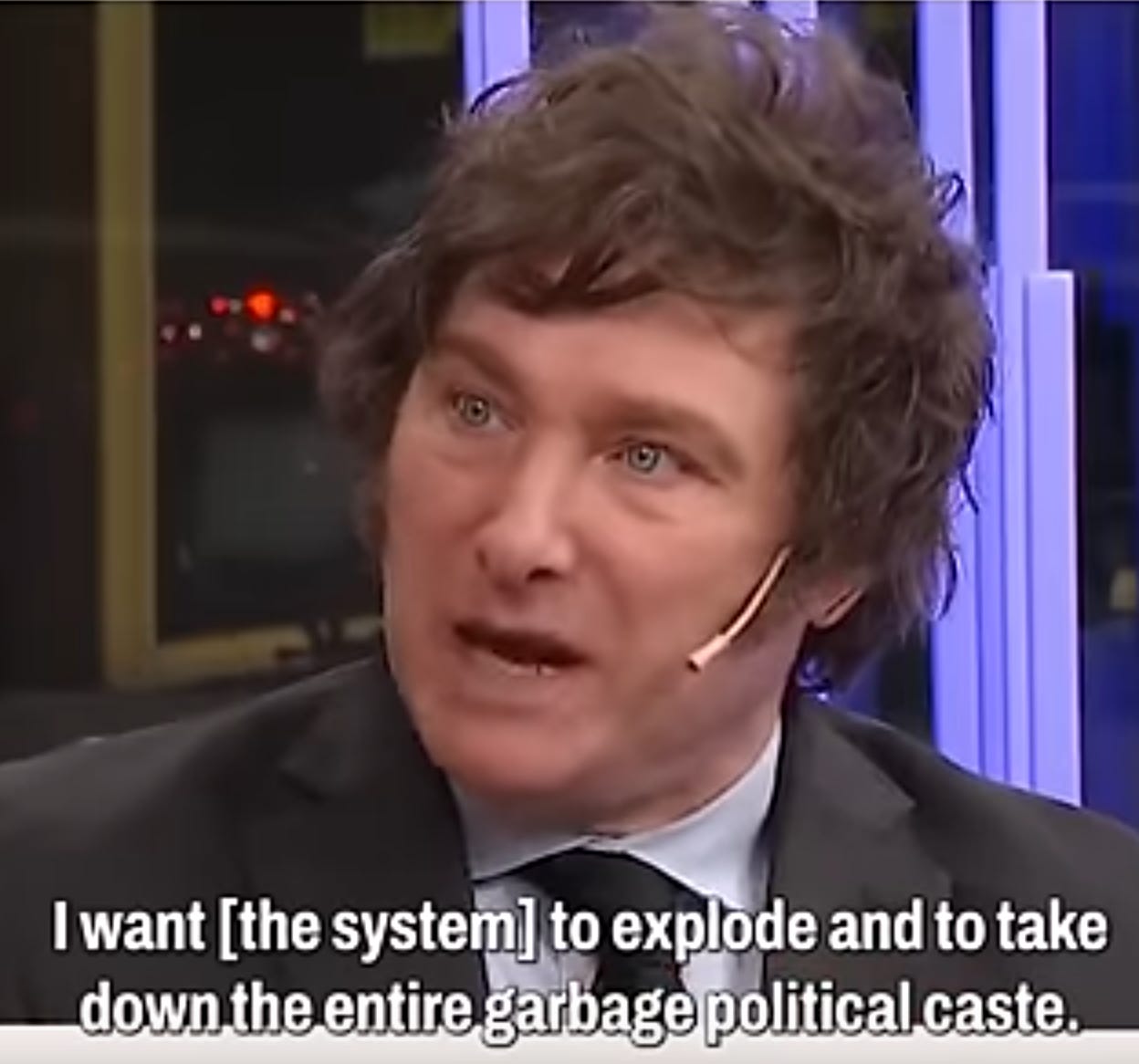One of the first things I learned about “conservatives” in Washington DC was that they weren’t really interested in cutting government. Though they would criticize “big government Democrats”, in the end the Republicans spent with nearly as much abandon. There was no real discussion of fighting crony capitalism, or dependence on the state, because the Re…
Keep reading with a 7-day free trial
Subscribe to Against Crony Capitalism to keep reading this post and get 7 days of free access to the full post archives.




